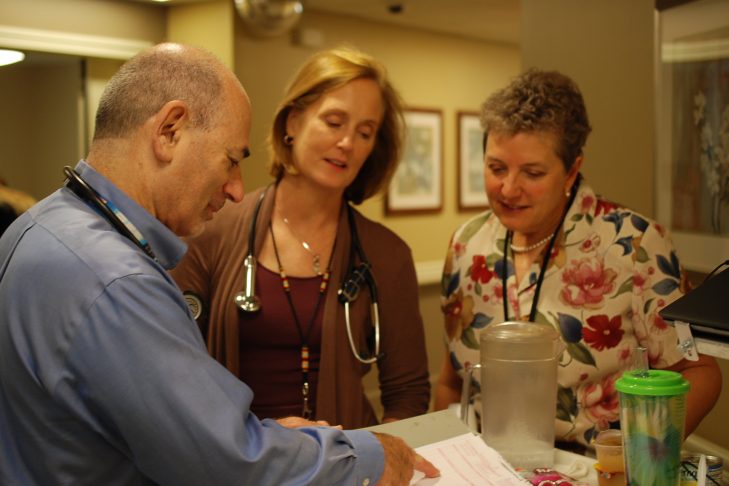They experience a “calling” that inspires them to help the sick become well and those in pain to find relief. Very few, if any, think to themselves, “I’m going to write the best and longest care plan and notes!” And yet, that is exactly what most healthcare professionals spend the majority of their time doing.
Documentation is a requirement in just about every job, however, in healthcare, it has become a vital part of each staff member’s role. From noting what time medications are given by a nurse, to recording the refrigerator temperature by the head cook, documentation helps to establish stable routines and fosters regular communication among staff in the same and different disciplines. Specifically in nursing, documentation helps to establish continuity of a patient’s care, justify clinical reimbursement, safeguard providers from malpractice, and foster communication amongst rotating providers.
One of the first and most important principles taught in Nursing School is this: “If you didn’t document it, you didn’t do it.” This rule is meant to protect both patients and providers, but in very different ways.
For providers, patient records play an important role in the facility’s ability to qualify for financial reimbursement from Medicare, Medicaid and other third-party payers. Additionally, in order to uphold JCAHO accreditation, healthcare facilities must meet stringent documentation standards. Meeting and exceeding charting standards also protects nurses providing care from possible ties to negligence or malpractice.
For patients, documentation ensures the delivery of safe, consistent, quality healthcare. Documentation is often the sole point of communication between nurses of changing shifts. This means that if no verbal conversation has taken place, the documented notes must be read by the incoming nurse in order to understand where in the care cycle the patient stands. In the case that a documentation error, or lack of documentation altogether, leads to a medical error that threatens a patient’s life, the charting (or lack thereof) protects the patient in a court of law.
Good healthcare providers should strive to improve their charting skills through ongoing continuing education opportunities. The healthcare arena is an ever-changing industry with many laws and regulations that have an impact on the documentation process. To learn more about the Board of Nursing continuing education requirements in Massachusetts, download 244 CMR 5.00: Continuing Education.
This blog is courtesy of Karen Madrid, Staff Development Coordinator at the Chelsea Jewish Visiting Nurse Agency and Chelsea Jewish Hospice and Palliative Care, serving Greater Boston and the North Shore since 1919.
This post has been contributed by a third party. The opinions, facts and any media content are presented solely by the author, and JewishBoston assumes no responsibility for them. Want to add your voice to the conversation? Publish your own post here. MORE


